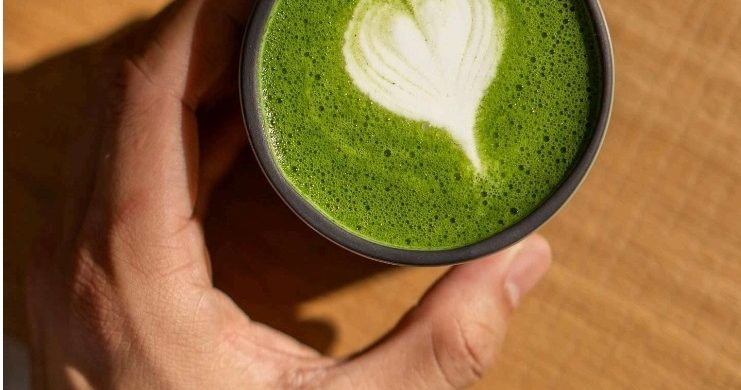Matcha, the finely ground green tea powder, has seen a meteoric rise in global popularity over the past few years. Celebrated for its vivid green color, unique flavor profile, and purported health benefits, matcha has become a staple in cafes, kitchens, and wellness circles. But what exactly is matcha, and why has it captured the world’s attention?
What is Matcha?
Matcha is a type of green tea made from shade-grown tea leaves, specifically the Camellia sinensis plant. Unlike regular green tea, where the leaves are steeped in water and discarded, matcha involves consuming the entire leaf in powdered form. This gives matcha a higher concentration of nutrients, including antioxidants, vitamins, and minerals.
The process of making matcha begins with tea plants being shaded from the sun for about 3–4 weeks before harvest. This increases the chlorophyll levels in the leaves, giving matcha its characteristic vibrant green hue. After harvest, the leaves are steamed, dried, and stone-ground into a fine powder.
The Flavor Profile
Matcha’s taste can be an acquired one. It has a rich, umami flavor with earthy, vegetal notes, often described as slightly bitter or grassy. Depending on the grade of matcha, the flavor can vary.
- Ceremonial Grade: The highest quality, used in traditional tea ceremonies. It has a smooth, refined taste and is meant to be enjoyed without any additives.
- Premium Grade: A step below ceremonial, but still high-quality, often used for everyday consumption and in lattes.
- Culinary Grade: More affordable and slightly more bitter, this grade is perfect for baking, smoothies, and other recipes.
Health Benefits of Matcha
Matcha is celebrated not only for its flavor but also for its numerous health benefits:
- Rich in Antioxidants: Matcha is loaded with catechins, a type of antioxidant that fights free radicals in the body. One particular catechin, EGCG (epigallocatechin gallate), is known for its cancer-fighting properties.
- Boosts Metabolism and Fat Burning: Studies suggest that the EGCG in matcha can help increase metabolism and fat oxidation, making it a favorite among those seeking weight management.
- Calming Energy Boost: Matcha contains caffeine, but unlike coffee, it also has L-theanine, an amino acid that promotes relaxation and reduces stress. This combination provides a calm, focused energy without the jitters associated with coffee.
- Detoxifying Properties: The high chlorophyll content in matcha supports the body’s natural detoxification process, helping to eliminate toxins and heavy metals.
Culinary Uses of Matcha
Matcha has transcended its traditional role in tea ceremonies and is now widely used in various recipes. From lattes to desserts, matcha brings a distinct flavor and color to a range of dishes:
- Matcha Lattes: Combining matcha powder with milk (dairy or plant-based) creates a creamy, energizing drink.
- Smoothies: Add a teaspoon of matcha to your favorite smoothie for an antioxidant boost.
- Baked Goods: Matcha can be used in cakes, cookies, and pastries, lending a unique green hue and flavor.
- Ice Cream: Matcha ice cream is a beloved dessert in Japan and around the world.
The Cultural Significance of Matcha
Matcha has deep roots in Japanese culture, particularly in the art of the tea ceremony (chanoyu). This ritual is about more than just drinking tea; it’s a meditative experience that emphasizes mindfulness, simplicity, and respect for nature. The slow, deliberate movements of preparing and drinking matcha reflect a Zen approach to life.
Today, matcha continues to be a symbol of Japanese tradition and elegance, even as it has found its place in the modern wellness movement.
Sustainability and Ethical Considerations
As matcha’s popularity has surged, so has demand. This has brought attention to sustainability and ethical concerns in tea production. When purchasing matcha, it’s worth seeking out brands that prioritize organic farming and fair-trade practices. Supporting smaller, family-owned tea farms ensures that traditional growing methods are preserved, and workers are treated fairly.
Conclusion
Matcha is more than just a trend; it’s a timeless tradition with remarkable health benefits, a rich cultural heritage, and versatility in the kitchen. Whether you’re sipping it in a quiet tea room or blending it into your morning smoothie, matcha offers a moment of calm, focus, and nourishment.

